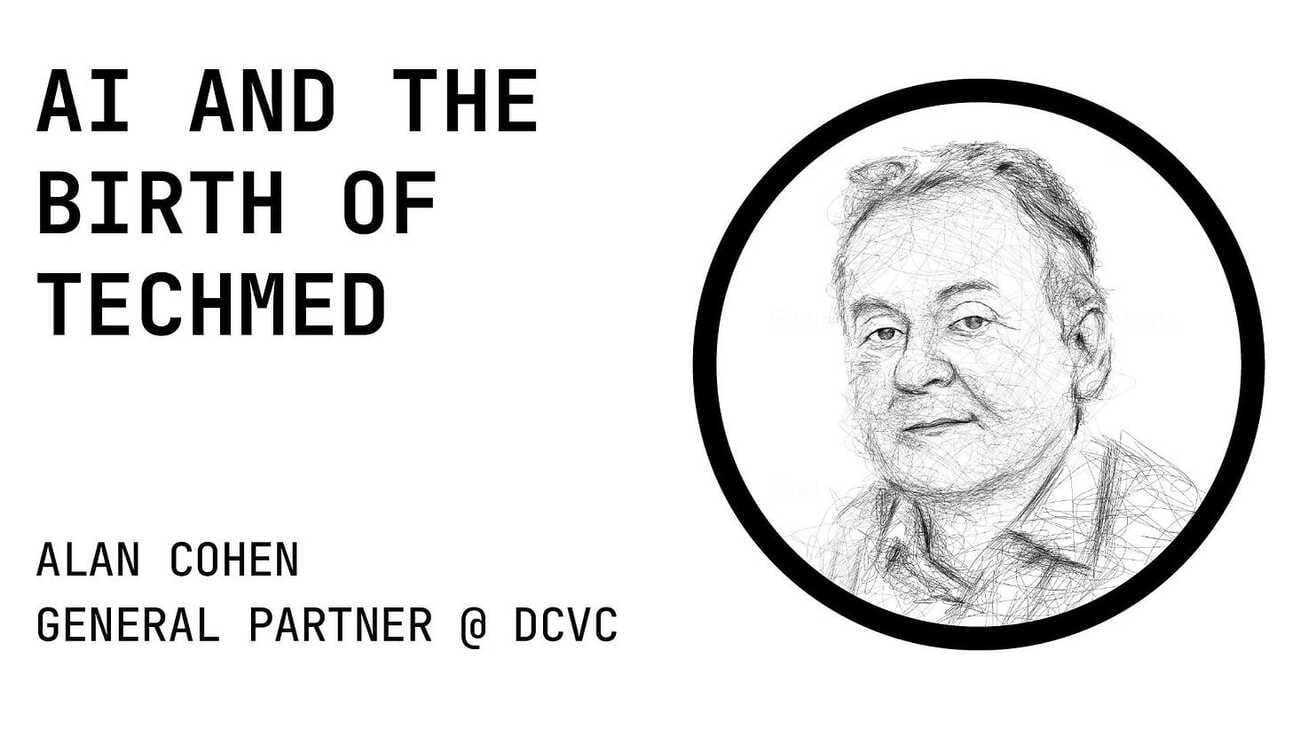
"TechMed is a neologism for computational technologies that started in different industries and are now moving into the delivery of healthcare and medical devices in particular. It was clear to us that there was an opportunity to take technologies like computer vision and apply them to medicine [rather than] building slightly better pacemakers or medical implants."

"Last August, Casey Harrell spoke the first clear words his five-year-old daughter could remember hearing him say, a repeat of his wedding vows to her mother. The moment was possible thanks to a wave of innovation in one of the most challenging areas of medicine: reconnecting the brain to the body once something – an accident or an illness – has severed the ties. His ability to converse stems from 256 tiny electrodes that researchers from the University of California, Davis, implanted in his brain in an almost five-hour surgical procedure last summer. It’s still early. The technology is expensive and bulky, requiring computers in Harrell’s home. It’s slow, helping him speak at 33 words minute, far below the 160 words a minute in natural speech. And the long-term performance remains unknown: Dutch researchers detailed the slow deterioration of a similar device used for seven years by a woman with severe paralysis from ALS in the same edition of the journal.” (Bloomberg)



Satellite antennas are tested in a room lined with 40,000 insulating foam spikes at the UK's National Satellite Test Facility.
Construction began in late 2018, after the UK government announced it would invest £99 million ($126 million) in the NSTF to develop “a world-class facility” for testing satellites. Originally set to begin operations in 2020, the project was hit by delays, including Covid, that saw its grand opening pushed back to May 2024. Multiple satellites will be put through their paces every year, with Airbus set to be the first customer to use the facility for its new Skynet 6A communications satellite in July. (via WIRED)



Heinz Ketchup Is Being Challenged by Climate Change / Robot-Sub 'Boaty McBoatface' Completes 55 Days of Underwater Climate Research / Amazon Vies for Nuclear-Powered Data Center / Nascar Pit Crews Are Using AI for the Perfect Pit Stop / NASA citizen scientists spot object moving 1 million miles per hour / Wet-lab innovations will lead the AI revolution in biology / Cryptominers made $100k from mining at an Airbnb for three weeks / WHO declares Mpox outbreak an international health emergency / This Is the Most Detailed Map of Brain Connections Ever Made / China Adds Metal Used in Ammo to List of Restricted Exports / How Base 3 Computing Beats Binary / Flood of 'junk': How AI is changing scientific publishing

The Deep Tech Agency.
HAUS is a strategic communications agency in NYC. We specialize in marketing and public relations for deep tech startups. Check out our website, follow us on Twitter, or say [email protected]

